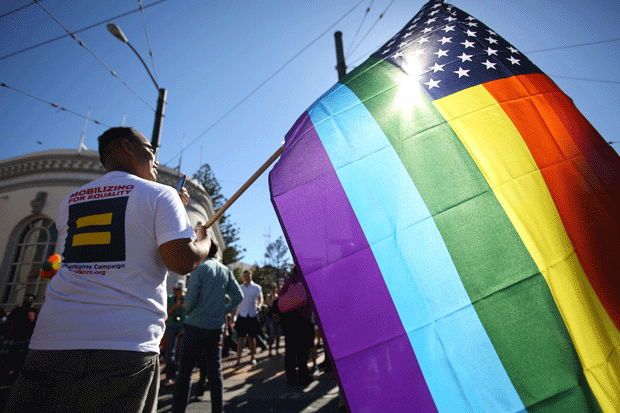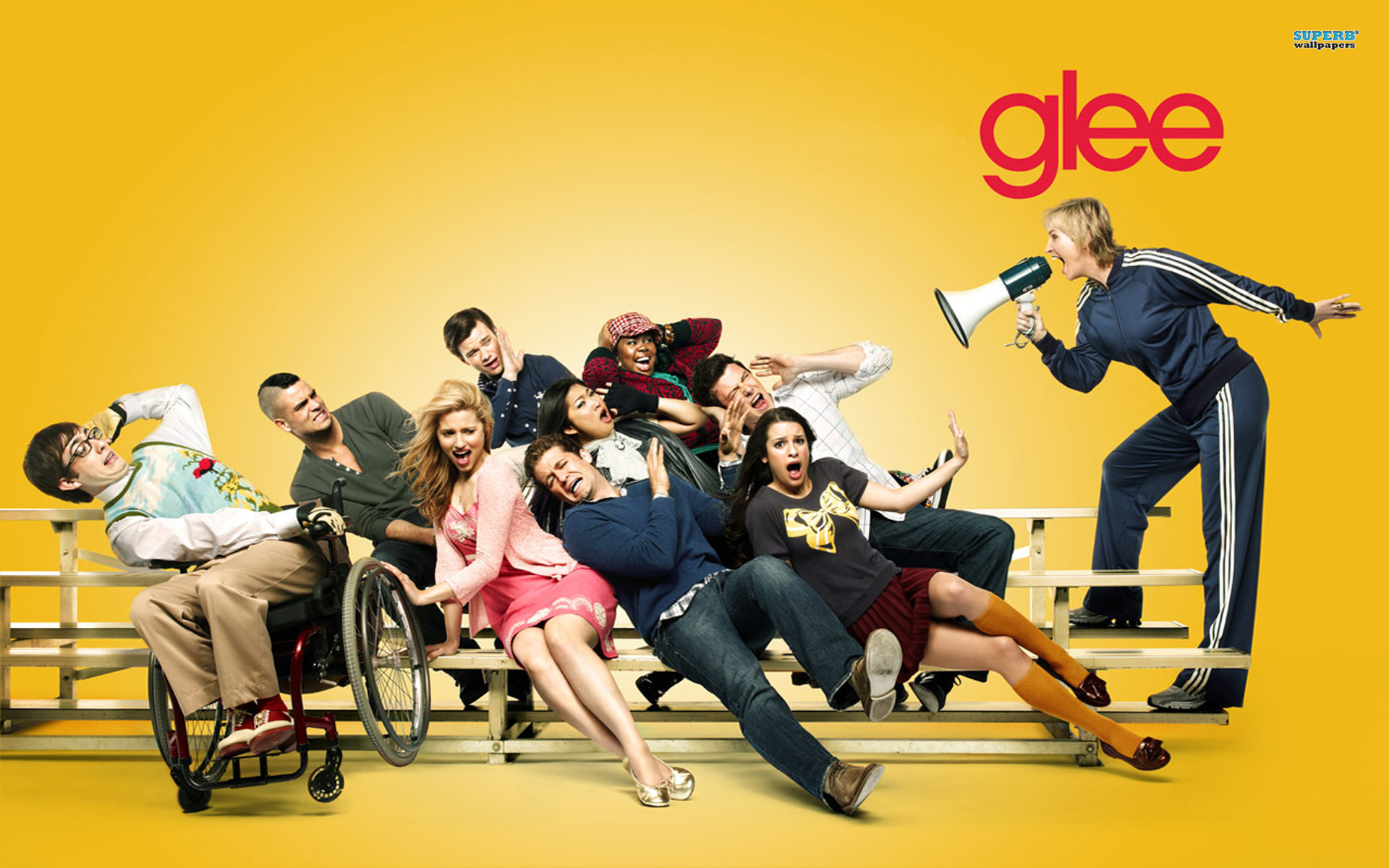The main idea of this article is about Rodriguez and his experience when it came to bilingual education. Richard Rodriguez, a native Spanish speaker, experienced having his educators telling him that he had to learn English. Rodriguez points out throughout his article how people who are native Spanish speakers are forced to the "American way" of the English language. The quotes listed below are symbolic to to the concepts that Rodriguez is explaining in this article. Language and education should not have a battle between the two, no matter if someone is a native Spanish or English speaker, we are all equal.
Quotes I chose;
“Those gringo sounds they uttered startled me. Pushed me away. In that moment of trivial misunderstanding and profound insight, I felt my throat twisted by unsounded grief”. (35)
"Children lose a degree of individuality assimilated into public society" (38)
“I would have been happier about my public success had I not sometimes recalled what it had been like earlier, when my family had conveyed it’s intimacy through a set of conveniently private sounds.” (38)
“I easily noted the difference between classroom language and the language of home. At school, words were directed to a general audience of listeners.”
“that while one suffers a diminished sense of private individuality by becoming assimilated into public society, such assimilation makes possible the achievement of publicindividuality”(39).
Quotes/pictures/videos from other student's blogs:
“Without question, it would have pleased me to hear my teachers address me in Spanish when I entered the classroom. I would have felt much less afraid. I would have trusted them and responded with ease.” (Dennis's Blog )
"I remember on my first day of first grade, I was seated next to an unfamiliar face. I looked at the boy's name tag on his desk and saw that his name was Achille. As I tried to speak to him and get to know him better, I realized that he became overwhelmed and began to cry. I later in the day found out that he was a new student from France and that he knew no English. As the year went on, he became more familiar with the English language, he accounted it to the fact that his parents also made an effort to speak English at home. Within a couple years of being at our school he became fluent in English and even admitted to not remembering a lot of French. It was apparent, that that much like Rodriguez that even though he knew that he needed to speak English to be successful in America, he passionately missed his French roots." (Erika's connection post)
"Between his private and public life, Rodriguez was uncertain with who he was. Rodriguez argues, "while one suffers a diminished sense of private individuality by becoming assimilated into public society, such assimilation makes possible the achievement of public individuality (39)" (Cindy's blog)
"I believe that is the point Rodriguez is trying to make, no matter where you go, never lose your roots and never forget what you have already learned. With the way the world is constantly changing, being bilingual is truly a gift, and is needed more and more in the work force of today. " (Branden's blog)
Rodriguez closes the article by summarizing that "bilingual educators say that children lose a degree of 'individuality' by becoming assimilated into public society. But the bilinguists simplisticlaly scorn the value and necessity of assmilation. They do that seem to realize that there are two ways a person is individualized. So they do that realize that while one suffers a diminished sense of private individuality by becoming assimilated into public society, such assimilation makes possible the achievement of public individuality." (Rodriguez, 39) (Lindsey's Blog)













